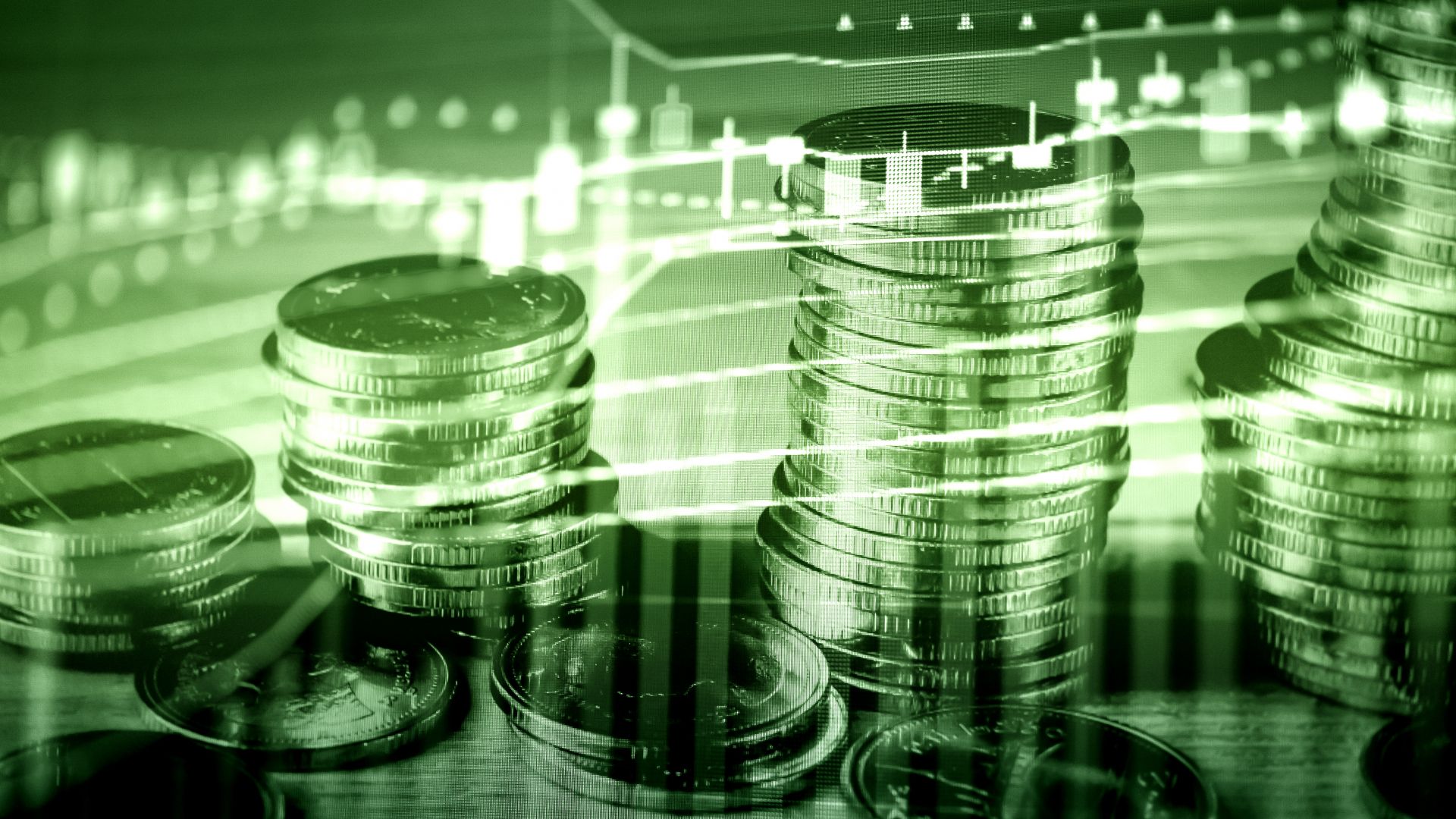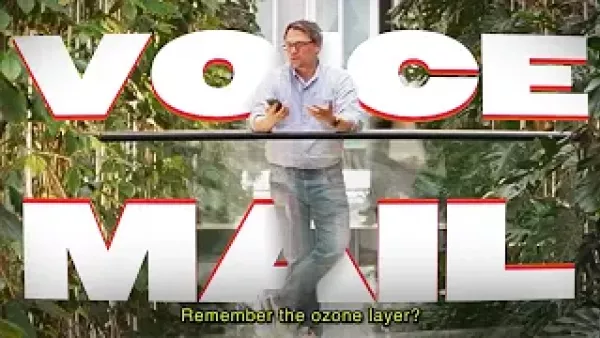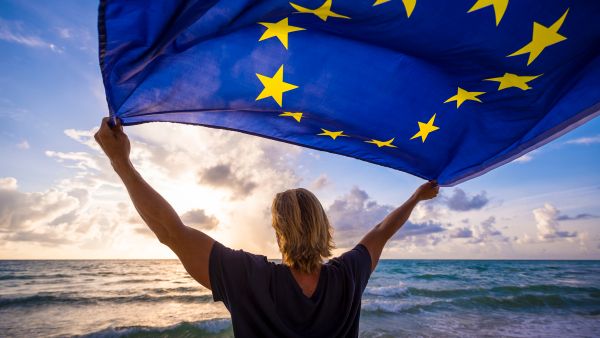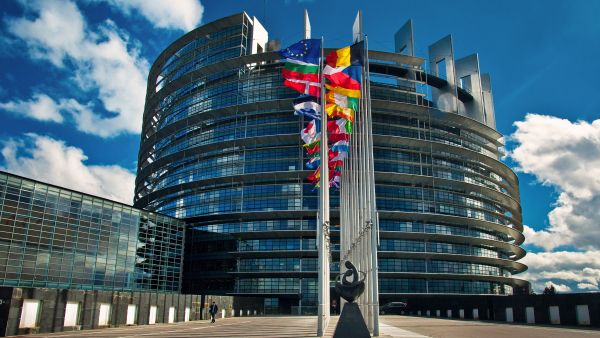Today, the European Parliament is set to approve the world’s first standard for sustainable financial products. This unified classification system, the so-called taxonomy, is setting harmonised criteria to determine whether an economic activity is environmentally sustainable. It is the vital third-pillar of the sustainable finance package.
During the negotiations, the Socialists and Democrats introduced strong social safeguards into the taxonomy, ensuring that environmentally sustainable activities cannot harm social factors such as human rights, employee rights or gender equality. This makes it a crucial instrument for a just transition towards a sustainable economy in which no one is left behind.
Paul Tang, MEP and S&D negotiator on taxonomy, said:
“The world’s first gold standards for private investments will unleash billions of Euros to fight the climate emergency. It is thus the key to turning the European Green Deal into reality. We can’t afford to let the financial industry get away with green-washing. We need real change backed by real money. This is why we pushed for the taxonomy to be strict, fact-based and encompassing as many financial products and economic actors as possible.
“Thanks to the inclusion of the ‘do not significantly harm' principle, products will only be considered sustainable when they don't harm social objectives such as equality, social cohesion, social integration and good labour relations. To give you a concrete example: an electric car, whose battery was produced by child labour, cannot be labelled as sustainable.
“We also succeeded in considerably stepping up corporate obligations. Companies and banks will have to declare both how much of their total turnover is derived from environmentally sustainable activities and how much they are investing in sustainability. Sustainability can no longer be an after-thought for companies but must be at the core of their business plan.
“Our goal is to make money work for people and the planet. Today’s deal is a big step towards a sustainable Europe that leaves no one behind.”
Simona Bonafè, MEP and S&D negotiator on taxonomy, said:
“To combat the climate emergency, Europe needs at least 180 billion Euros for additional investments in renewables and energy efficiency every year. To build a sustainable future we must mobilise private money for the fight against the climate emergency.
“I am proud that we managed to block any activity involving solid fossil fuels from ever being labelled sustainable and include safeguards on waste. No economic activity will be considered environmentally sustainable where the long term disposal of waste may cause significant and long term harm to the environment.
“All technical screening criteria and thresholds to identify sustainable economic activities will be defined and approved under the scrutiny of the Parliament, allowing us to have our final say. Thanks to a strong review clause, the Commission will have to look into expanding the taxonomy.”
Note to the editor: What is the taxonomy?
Developed by a technical expert group set up by the Commission and considerably improved by the Parliament during trilogue negotiations, the taxonomy aims at giving clarity on how environmentally friendly different activities are and to channel more investments into sustainable economic activities. Economic activities must significantly contribute to the EU’s environmental goals and not significantly harm others to be categorized as sustainable.
Today is a single vote on the agreement found in the trilogues.









